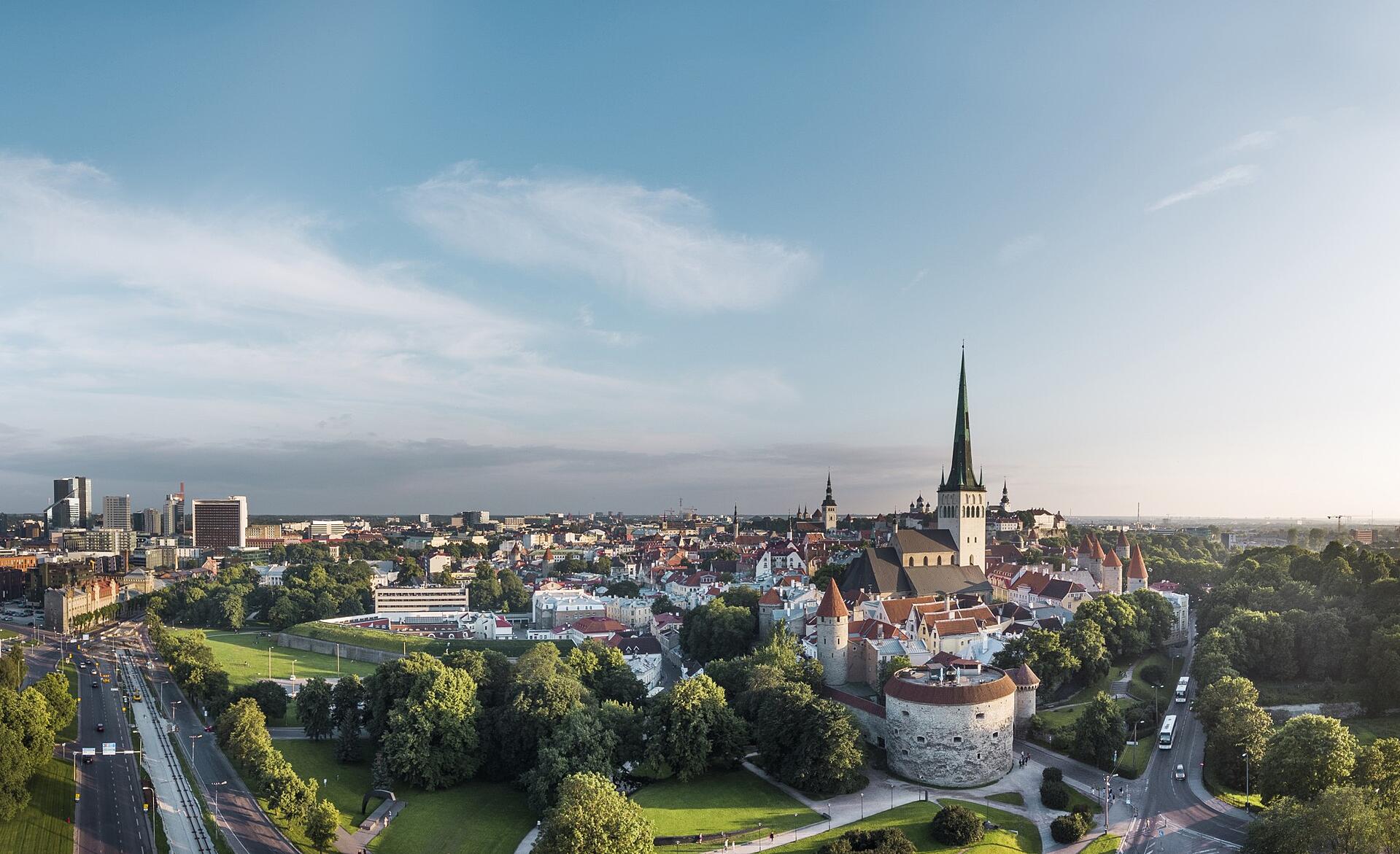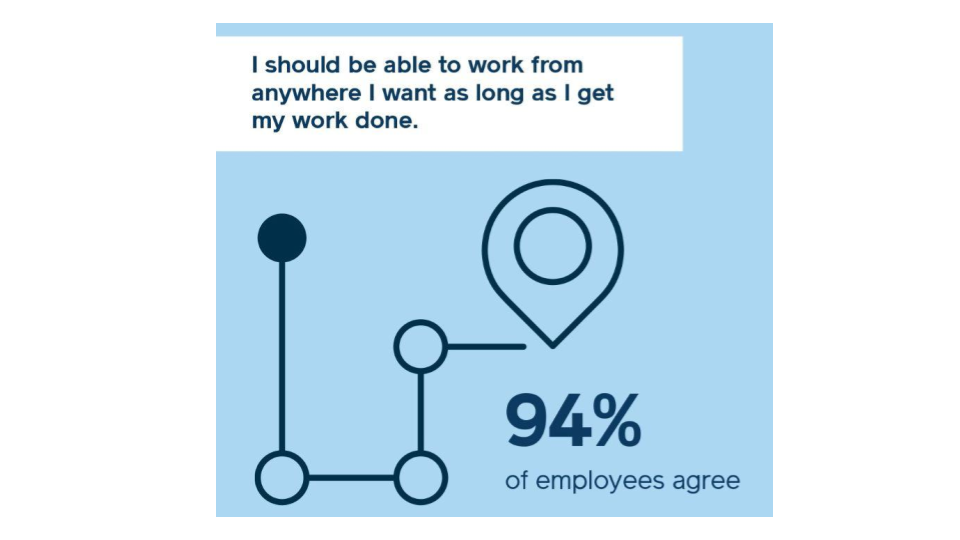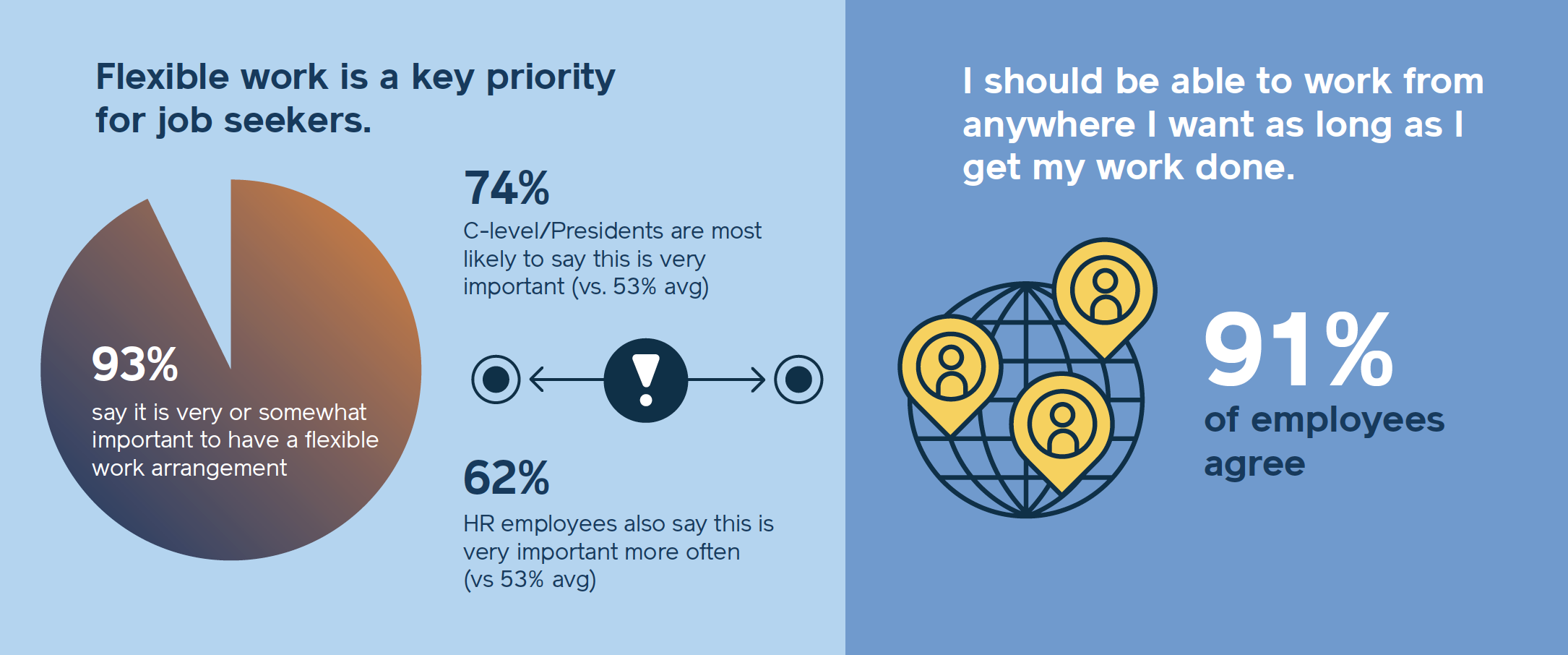
Moving to Estonia: A new set of experiences
I recently moved from San Francisco to Tallinn, Estonia to take up a new role at Topia. As you’d expect from a company leading the Mobility industry, I was offered a core-flex package that helped me accommodate my personal needs in the way I wanted to and ensure all of the logistical pieces came together.
So now I’m here, my stuff is here, my cat is here, my internet is connected – but a few months later, I still feel a little ‘lost’. This is not my first move – I’ve been an ‘expat’ in 5 countries for the last 15 years, and I’ve traveled to all corners of the globe – but this move has been the toughest from an integration perspective.
Whilst yes, I absolutely needed the shipping and the travel and the housing benefits, it left me thinking – what could companies provide their employees to really make the transition successful emotionally? Should companies be pushing the boundaries of flexible options, and proactively addressing the specific cultural challenges employees are going to face?
We now see Airbnb offering ‘experiences’ to their travelers – knowing that when people travel, they want more than just a place to stay. Do we need Mobility experience options? Are there people out there thinking creative about integration experiences?
Learning how to feed myself again
One of the biggest challenges is learning how to cook again. It sounds ridiculous, but everything from grocery shopping to working out what to do with the ingredients I can find has left me frustrated (and probably vitamin deficient).
Supermarkets here cater to two main markets – Estonians and Russians. There’s a far wider range of frozen Russian dumplings than there is pasta. Soups are bright purple. Labels are in Estonian, Russian, Latvian and Lithuanian. Fish are either dried and bright orange or raw and covered in cream. The sight of a jar of Jamie’s Italian pasta sauce fills me with a rush of relief, and I end up cruising the ‘Ethnic Aisle’ to survive on noodles and soy sauce.
And I’ve heard even more challenging stories from my Indian, Pakistani, etc. colleagues – with either dietary, religious, etc. restrictions and who are used to cooking with certain ingredients that simply cannot be found here.
A supermarket tour and some cooking classes would have gone a long way to easing the transition and reducing my nightly anxiety at dinner time.
Intro to Sauna
Everywhere I go, there’s a sauna. Business is conducted in saunas. Dinner parties result in group saunas. National holidays almost mandate saunas. Apartments have personal saunas. And 99% of saunas are undertaken naked.
I have so many questions. This isn’t just a relaxation activity, it’s a part of the national identity. And it’s seemingly not just a matter of getting in a hot room for a few minutes and hopping out – there’s the scrubs, the ice, the hitting yourself with trees, the hot tubs, the smoke, the ‘sauna honey’ and adding boutique fruit beers to coals.
A beginners intro to Sauna is an absolute must for anyone moving to Estonia, relieving that anxiety the first time you see your colleagues or friends migrating towards that daunting wooden room and begin wondering to yourself ‘is it rude to wear a bathing suit?’, ‘why is someone handing me a branch?’ and ’why is everyone coming out covered in soot?’.
Winter driving course
The biggest thing preventing me from getting a car in Estonia is winter driving. I’ve never driven in snow, and from brief trips here in winter months I’ve noticed that the roads are often not cleared (as it’s only going to snow again in 30 minutes!).
It’s an incredibly intimidating prospect – I’ve been in Ubers sliding on ice and losing traction, while the driver doesn’t bat an eyelid. Whilst I’m used to scanning the roadsides for kangaroos waiting to jump in front of my car, here I’m faced with risks of falling through ice – if I was genuinely reliant on a car to get around, a winter driving course would be an essential benefit for my settling in.
Welcome.. see you in 3 months
I arrived in Estonia in May, all fired up to get settled in, meet people… and then everyone left. From June to August, like many European countries, Tallinn empties of locals as people spend time working and vacationing from their island or countryside houses. Trying to settle into a new office became more challenging as desks were bare, and trying to make friends was put on hold until the nights got shorter and people returned.
Which got me thinking – should time of year be a consideration in moving people around the world? Countries have their own ‘ebbs and flows’ throughout the year – the months that all the students return, the months that families tend to leave and vacation, the ‘back to school’ periods, and these can significantly impact how a newcomer settles into a place.
New insight and opportunities
These may sound like silly requests – I even feel a little silly writing them – but they had a fundamental emotional impact on my move and settling. From this personal experience, I feel I’ve gained even further insight and context around the whole mobility process and how Topia’s solution could be used to improve it. I would love to experiment with ‘softer’ benefits to support integration and overcoming cultural challenges and see what happens if companies start to get creative with how they bring their talent up to speed in a new country.


